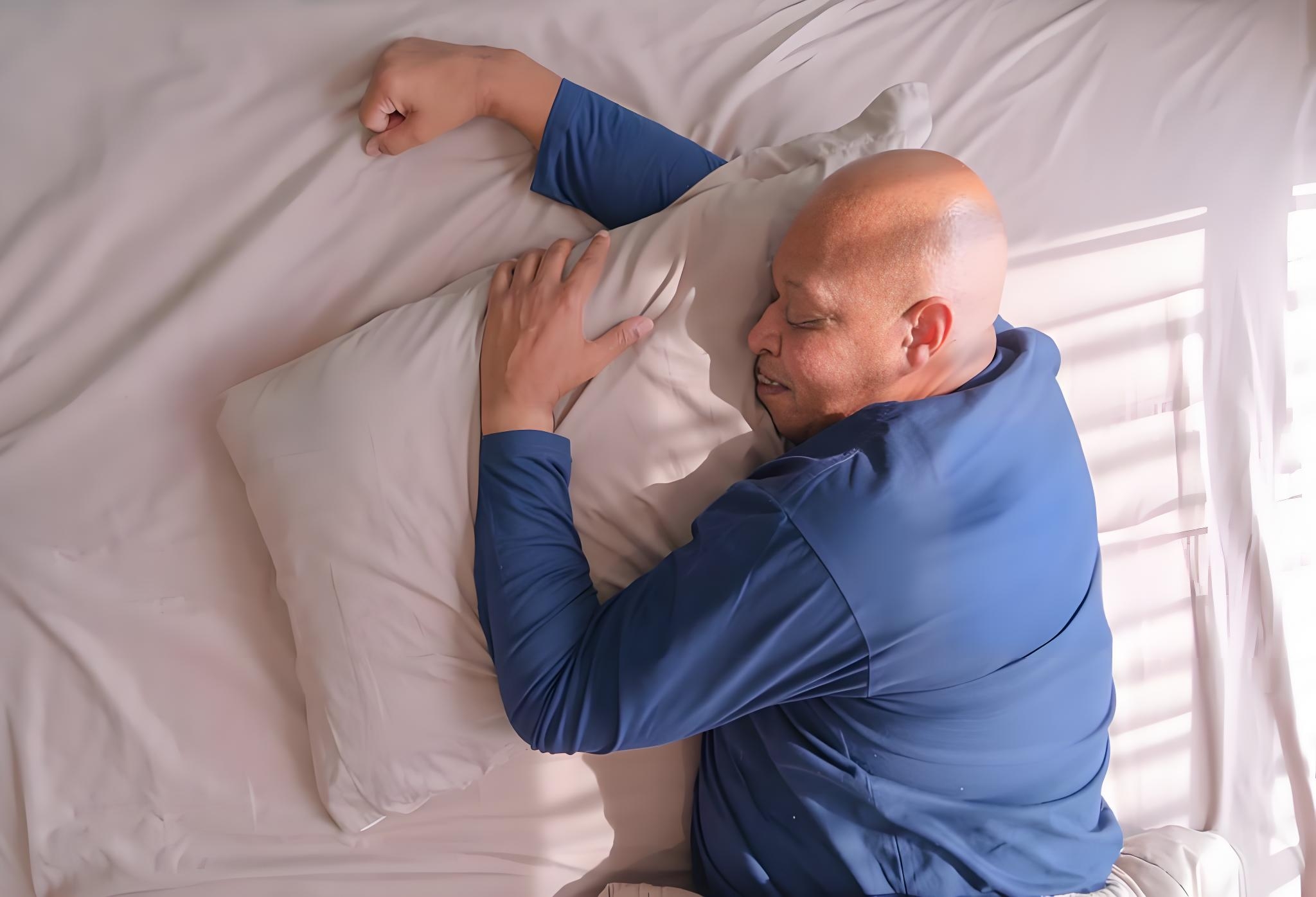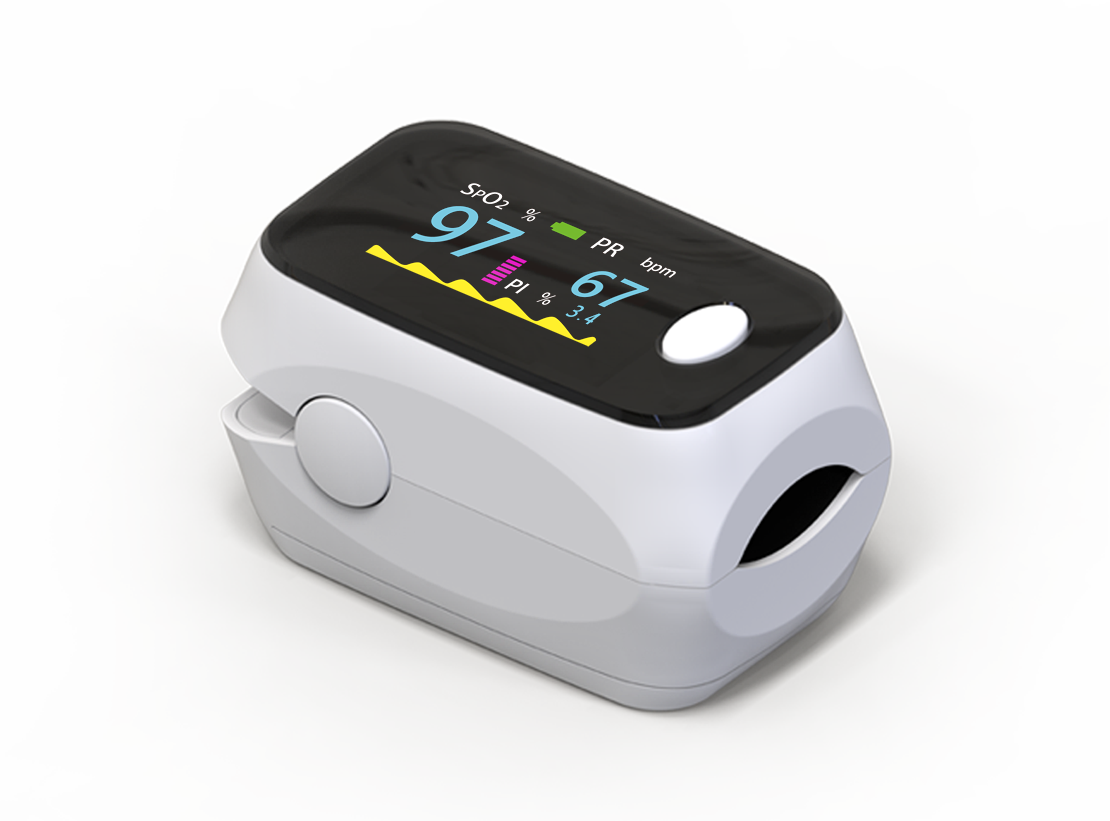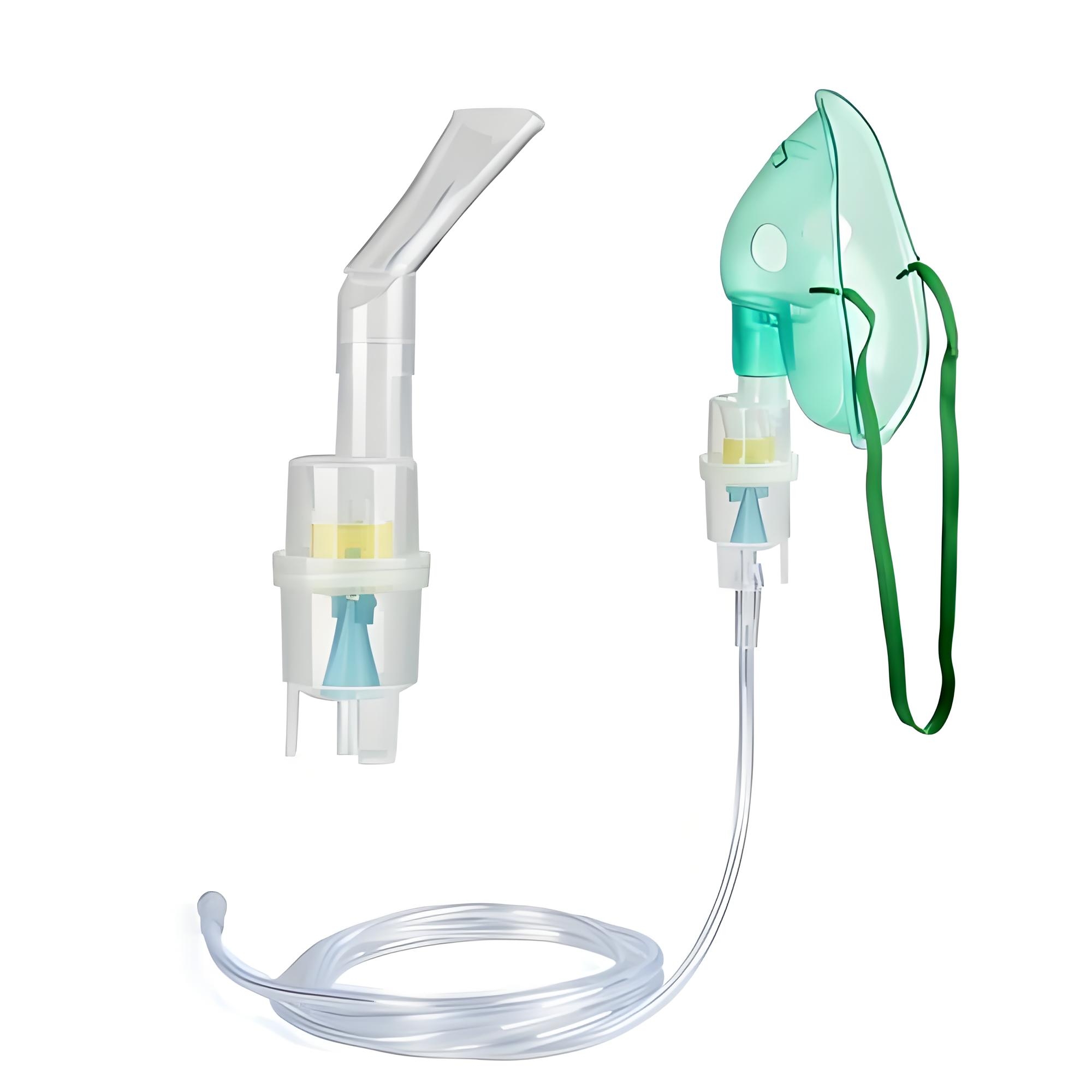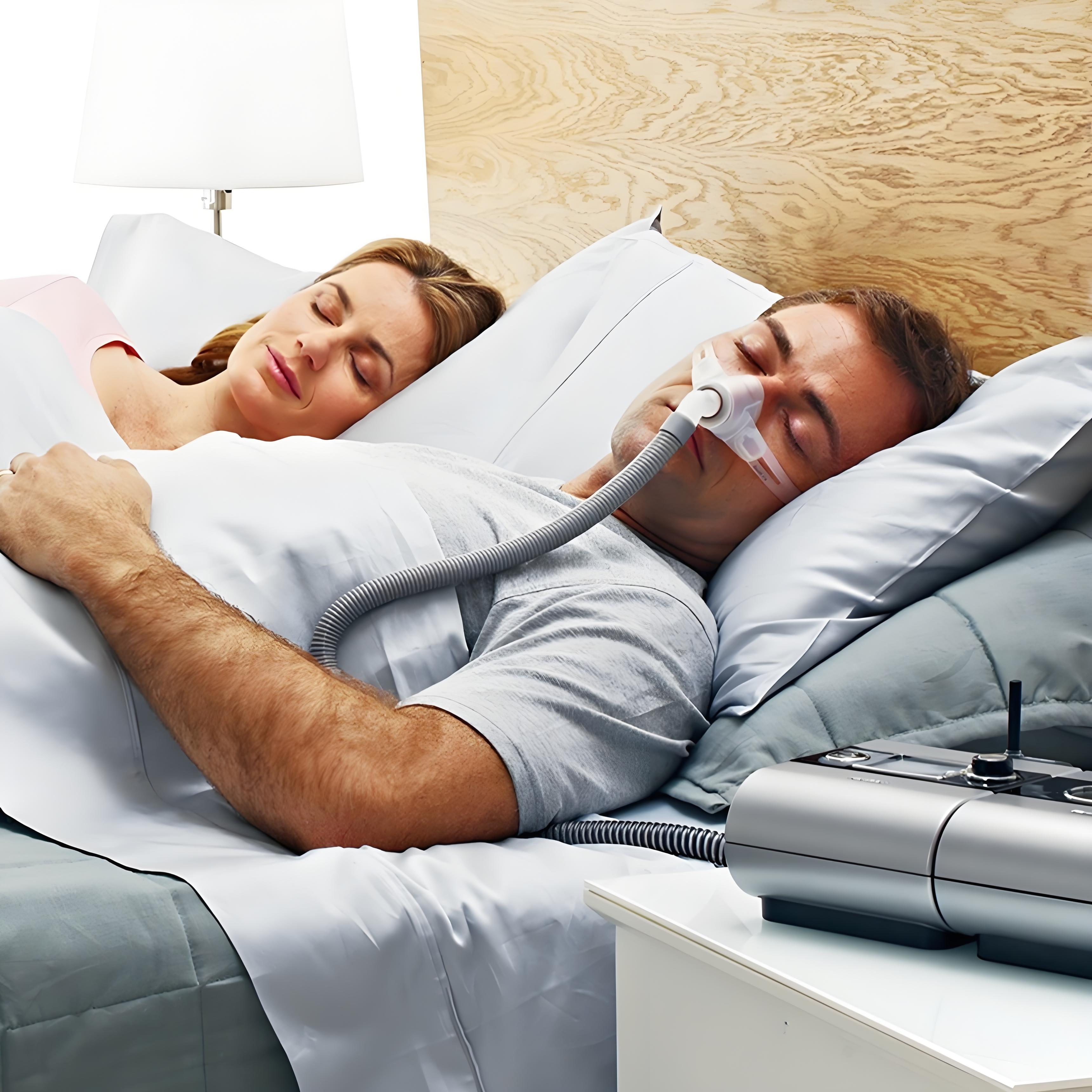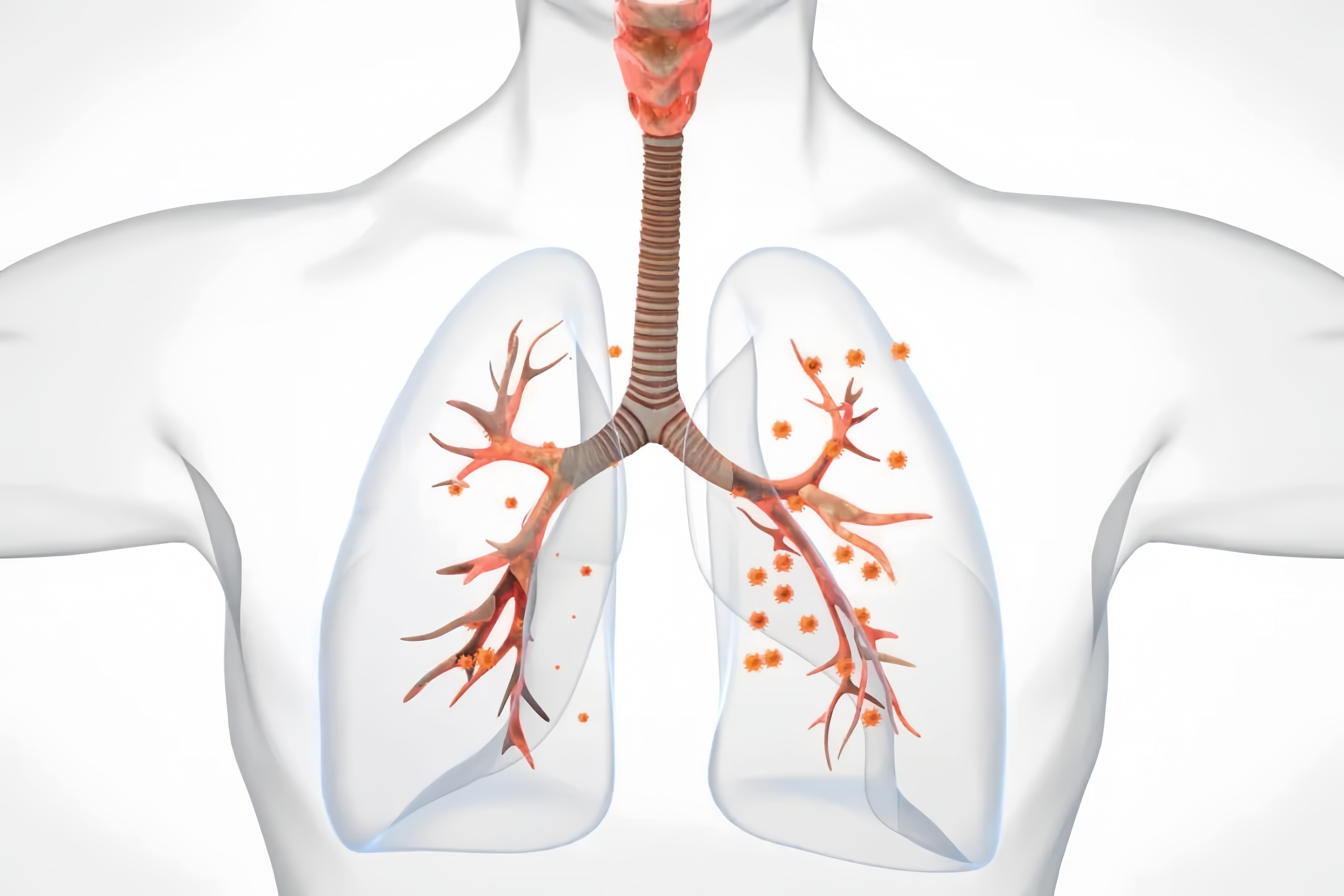What is COPD?
What is COPD?
What is COPD?
COPD is a non-germ inflammatory chronic disease that causes narrowing or deformation of the pulmonary airways. COPD is irreversible, but partial recovery can be achieved as a result of the measures and treatments taken.
What Are the Causes of COPD?
The biggest risk factor for COPD is smoking. Smoking tobacco such as hookah, pipe and cigar is also a risk factor for the disease. Exposure to smoking and being a passive smoker also contribute to the development of COPD.
Dust, chemicals in the home and work environment, and cooking in poorly ventilated homes and the use of organic fuels (wood, coal, manure, etc.) are among the proven causes of COPD.
The World Health Organization estimates that 400,000 people die every year as a result of chronic obstructive pulmonary disease caused by exposure to organic fuel smoke.
What Are COPD Symptoms?
COPD, which starts with cough and sputum symptoms, shows signs of dyspnea, which gradually gets worse in the following periods. Difficulty in breathing, which causes patients to have difficulties in their daily lives, also affects the heart in very advanced stages. As a result of this situation, severe air hunger, heart failure, bruising and swelling in the feet may occur.
How is COPD Diagnosed?
The possibility of COPD should be considered in individuals exposed to conditions leading to the development of COPD and in patients with sputum, cough, and shortness of breath. The diagnosis should be confirmed by performing pulmonary function tests. Pulmonary function tests are also used in the follow-up of the severity and course of the disease after diagnosis. There are 4 stages according to the severity of COPD disease.
Mild COPD
Shortness of breath may occur after working at an intense pace or climbing stairs. You may cough too much and sometimes produce phlegm.
Moderate COPD
You may have difficulty in doing heavy work or daily work, and you may encounter shortness of breath. Although it does not interrupt your sleep at night, it is the COPD stage that you will have difficulty in doing your simple daily work.
Severe COPD
You may experience shortness of breath during the day and at night, and your sleep may be interrupted at night due to shortness of breath. You get tired very quickly, you may have extreme difficulty climbing stairs.
Very Severe COPD
At this stage of the disease, it becomes very difficult to breathe and you have difficulty walking at home. As a result of the inability to reach the necessary amount of oxygen to the tissues, some disorders begin to occur in some organs. Heart failure may develop and the patient may not survive without oxygen support.
How is COPD treated?
The first step in the treatment of COPD will be to quit smoking, if it is used. Treatment of COPD includes stable use of bronchodilators for symptoms and flu vaccination once or twice a year. Avoiding air pollution environments, quitting smoking and taking steps to reduce the severity of bronchial obstruction will greatly reduce the person’s complaint of shortness of breath.
What Can You Do for the Treatment of COPD?
Absolutely stop smoking. This is the most important step you will take to help your lungs.
Use your medicines as instructed by your doctor and consult your doctor regularly.
In case of shortness of breath such as difficulty in speaking and walking, irregular heartbeat, contact the hospital or your doctor immediately.
Keep the air in your home clean, away from smoke and vapors that may cause shortness of breath.
Keep your body fresh by learning breathing exercises. Walking regularly and strengthening your arm and leg muscles will make it easier for you to move.
Eat healthy foods. Being at a healthy weight and consuming healthy foods will help reduce the symptoms of COPD.
Make life at home as easy as possible. Put what you might need at home in one place that’s within easy reach. Wear loose clothes that you can breathe in. Ask others to help you carry your belongings.
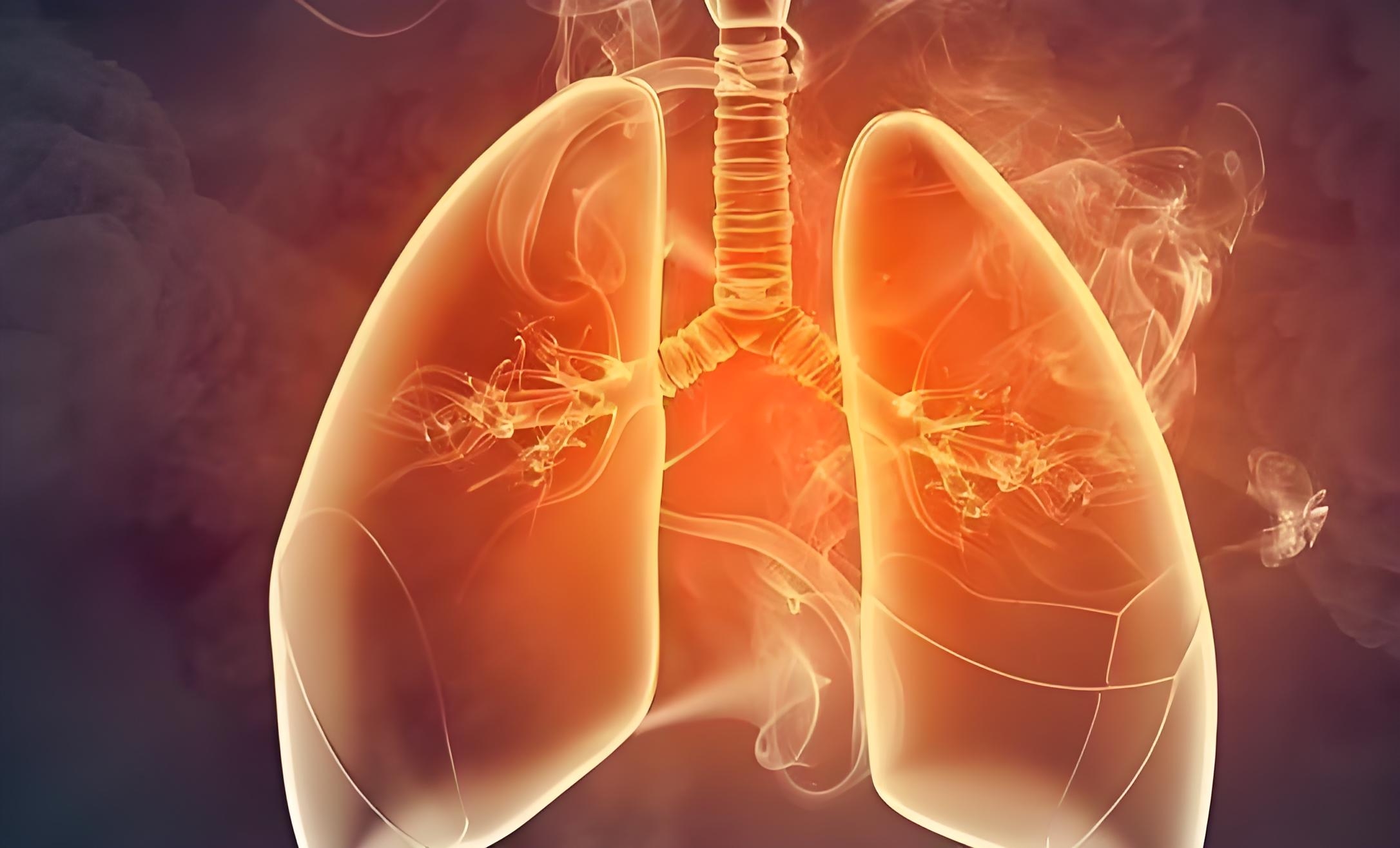

 English
English Spanish
Spanish Turkish
Turkish




